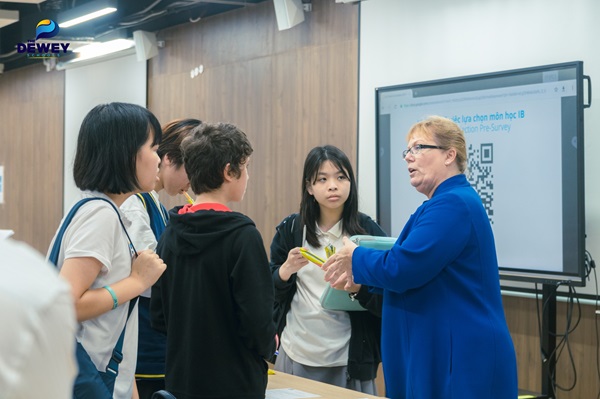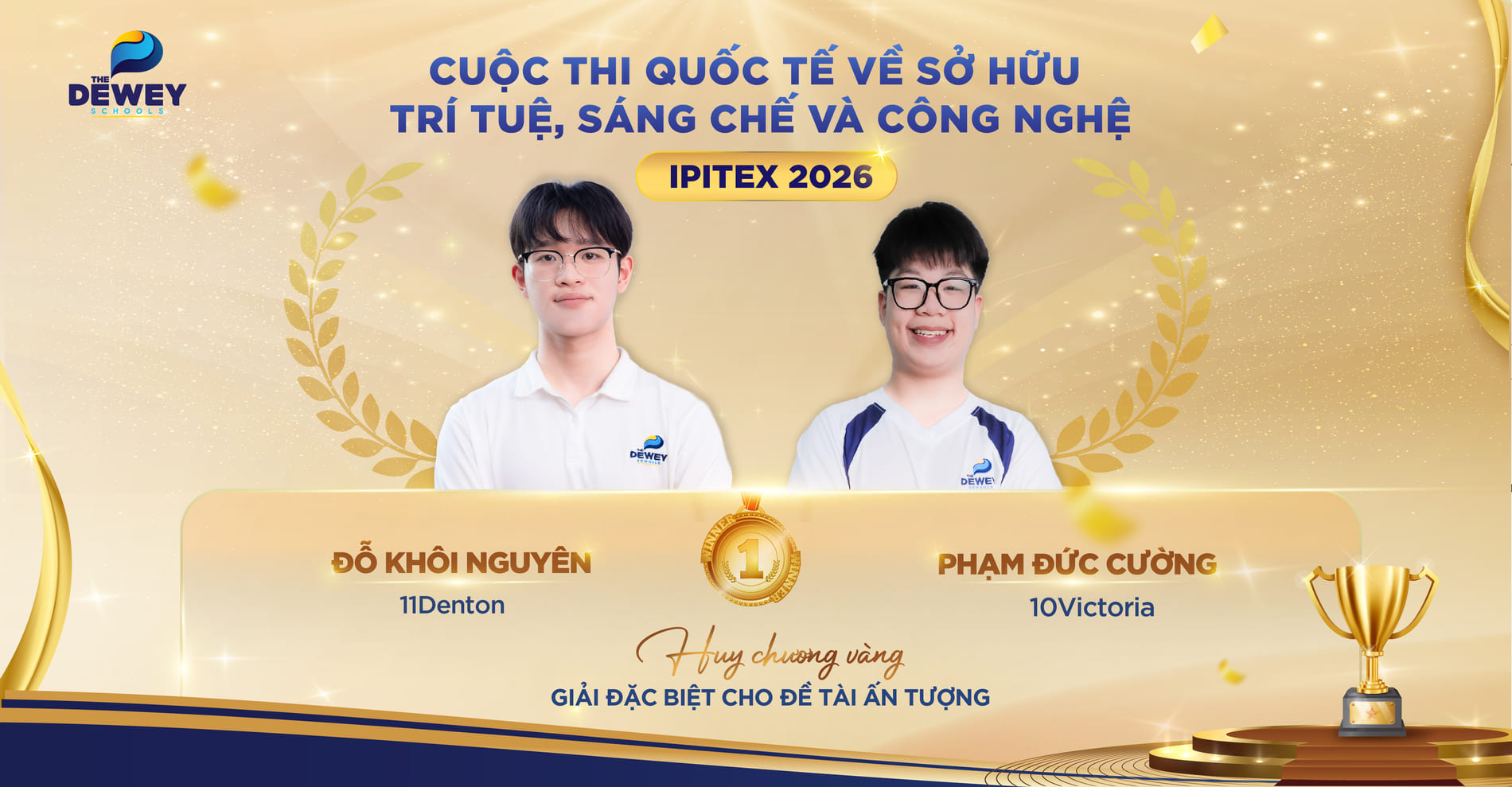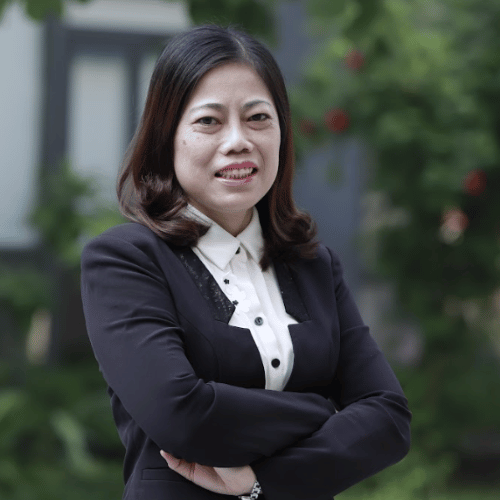If your child is currently enrolled in the International Baccalaureate (IB) program or about to embark on this academic journey, you’ve probably heard about the elusive 45-point mark—the highest score achievable. This is an incredibly difficult challenge, with fewer than 1% of IB students globally reaching this milestone (in 2022, only about 900 out of 180,000 students achieved it). However, with persistent effort, the right study strategies, and a bit of luck, your child can certainly aim for this goal.
Here’s a comprehensive guide to help parents support their children in their quest to achieve top IB scores.
>>> Watch more Tips for IB learning
Choosing the Right Subjects for Success
One of the most critical decisions in the IB program is selecting the appropriate subjects for the two-year course. Students must choose:
- 3 Higher Level (HL) subjects
- 3 Standard Level (SL) subjects
If your child has a clear career path in mind, encourage them to select subjects that align with their future goals. Additionally, consider opting for subjects where your child might find it easier to score well if those areas are not their strengths. For example, if your child doesn’t plan to pursue a science-related field, Environmental Science might be a more manageable choice compared to Biology.
Also, keep in mind that HL subjects are more challenging and require more study time compared to SL subjects. For instance, Chemistry HL may require more hours of study than English HL. Therefore, making the right subject choices from the beginning can help your child balance their workload more effectively.

Choose the right IB subjects
Building Effective Study Habits
IB students face a heavy workload, so developing efficient study habits is crucial. Parents can support their children by:
- Ensuring a Distraction-Free Study Environment: Help create a quiet, focused space for studying.
- Teaching Effective Note-Taking: Encouraging your child to take organized and systematic notes will improve retention and save time during revision.
- Encouraging Active Participation in Class: Effective learning in the classroom reduces the need for excessive revision later.
Study Strategies and Exam Preparation
A common misconception is that IB students must spend all their time studying. In reality, the quality of study is far more important than the quantity. Students should find a study method that works best for them, such as:
- Studying when they are most alert.
- Combining theoretical learning with practical application.
- Using mind maps and notes to synthesize knowledge.
- Regularly revising instead of cramming at the last minute.
Parents can help by setting up study schedules, monitoring progress, and offering encouragement during tough times.
Time Management and Maintaining Life Balance
IB is not just about academics—it’s about holistic development. Students must engage in extracurricular activities, sports, and rest to maintain both physical and mental health.
Parents can assist by:
- Helping with Time Management: Encourage your child to use planning tools such as Todoist or Google Calendar.
- Supporting Balanced Activity: Encourage participation in hobbies or sports without allowing these activities to interfere with study.
- Regular Communication: Check in with your child frequently to provide support and motivation.

Time management and study-life balance in IB
Internal Assessments (IA): A Crucial Component
Internal Assessments (IA) account for about 20% of each subject’s total score, significantly affecting overall results. To ensure your child excels, parents can:
- Encourage Early Planning: Remind your child to start IA work well before the deadline to avoid last-minute stress.
- Support Topic Selection: Help them choose a topic that is both creative and manageable, avoiding overly complex subjects.
- Manage Time Effectively: Assist with balancing IA work alongside other assignments and exams.
Extended Essay (EE) & Theory of Knowledge (TOK): Don’t Underestimate Them
The Extended Essay (EE) and Theory of Knowledge (TOK) essays are key components of the IB program. They not only foster critical thinking but also influence your child’s overall score.
For EE:
- Encourage a Passionate Topic: Help your child choose a subject they are genuinely interested in to stay motivated throughout the research process.
For TOK:
- Develop Argumentation Skills: Help your child strengthen their reasoning and analysis skills, exploring multiple perspectives.
Scoring well in both EE and TOK can earn your child extra points, bringing them closer to the coveted 45-point target.
Preparing for Final Exams
Final exams are the most important factor in determining IB scores. To maximize performance, parents should:
- Treat Mock Exams Seriously: Remind your child to approach mock exams as if they were the real thing to develop exam-taking skills.
- Help Plan Effective Revision: Ensure that study sessions are spaced out over time and not crammed at the last minute.
- Support Mental Well-Being: Encourage your child to manage stress and maintain a healthy mindset.

Final Exam Preparation: Set Your Child Up for Success
Long-Term Mindset: More Than Just a Score
While 45 points is an impressive goal, the ultimate aim of the IB program is to develop your child’s skills, mindset, and future direction. The IB journey is not just about grades—it’s about self-discovery, discipline, and independent learning.
Regardless of your child’s final score, always celebrate their effort and progress. If they need additional support, consider seeking help from IB tutors who can provide tailored guidance and advice.
By following these strategies and offering your support, your child can maximize their chances of achieving their highest potential in the IB program.


























